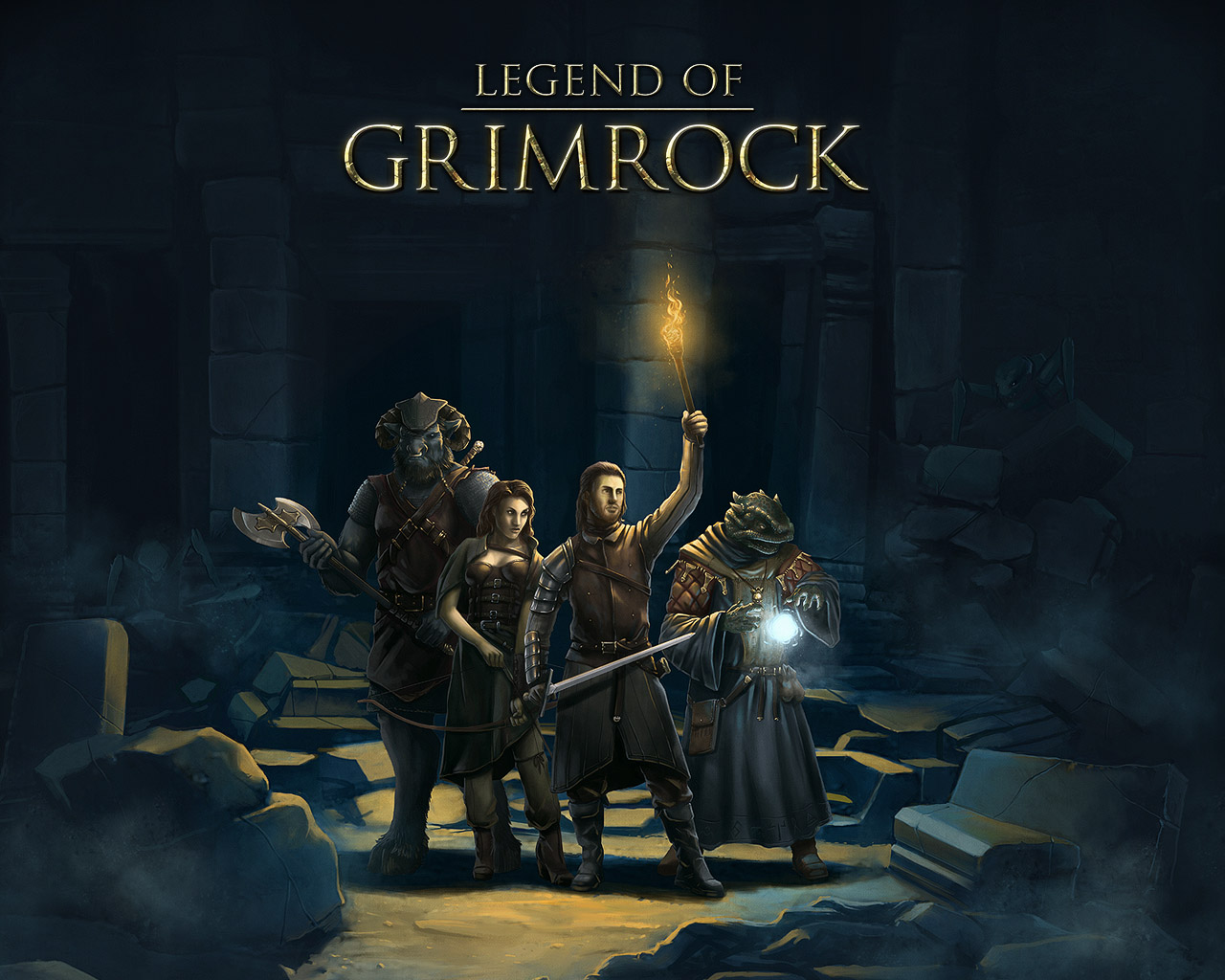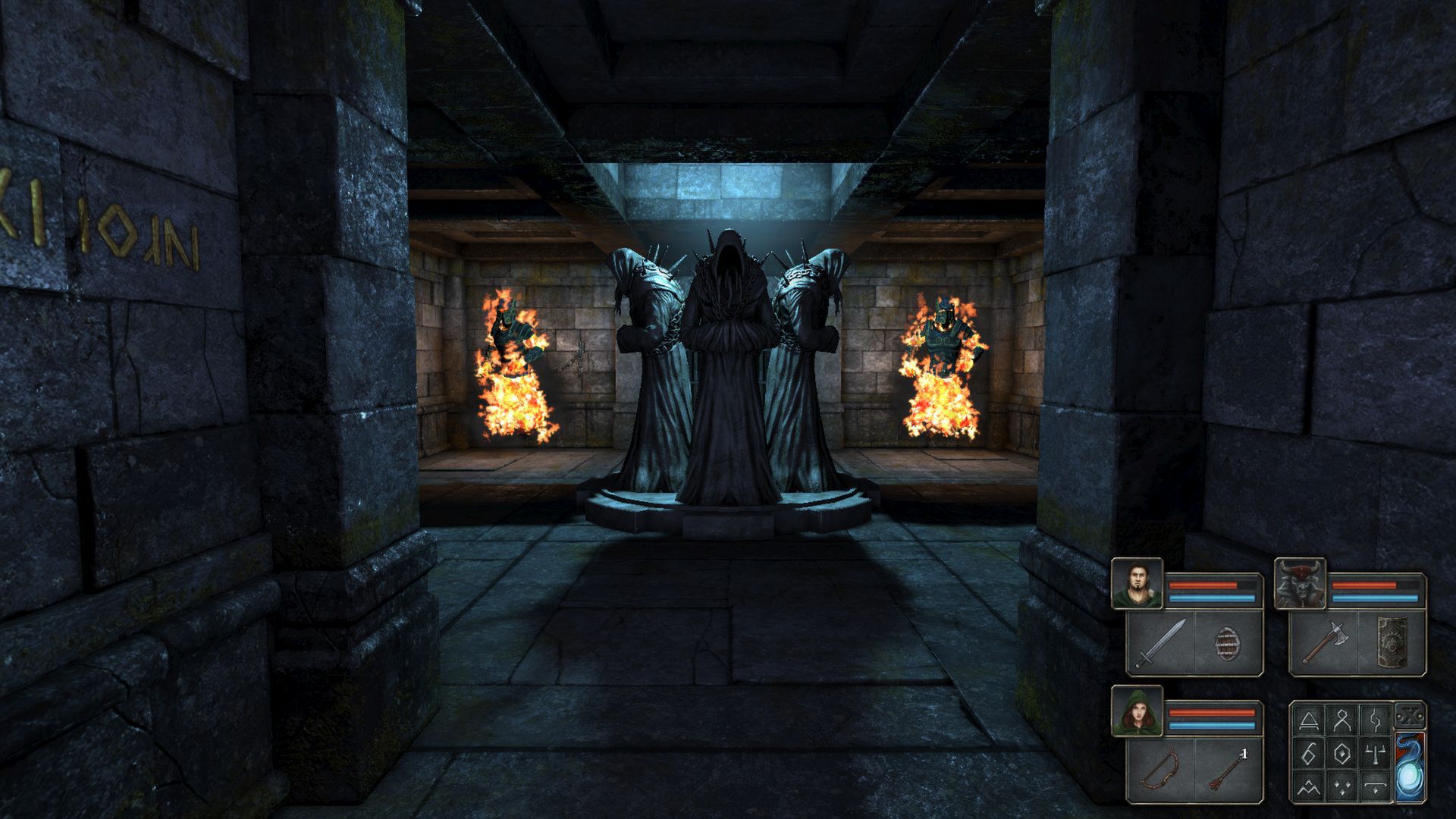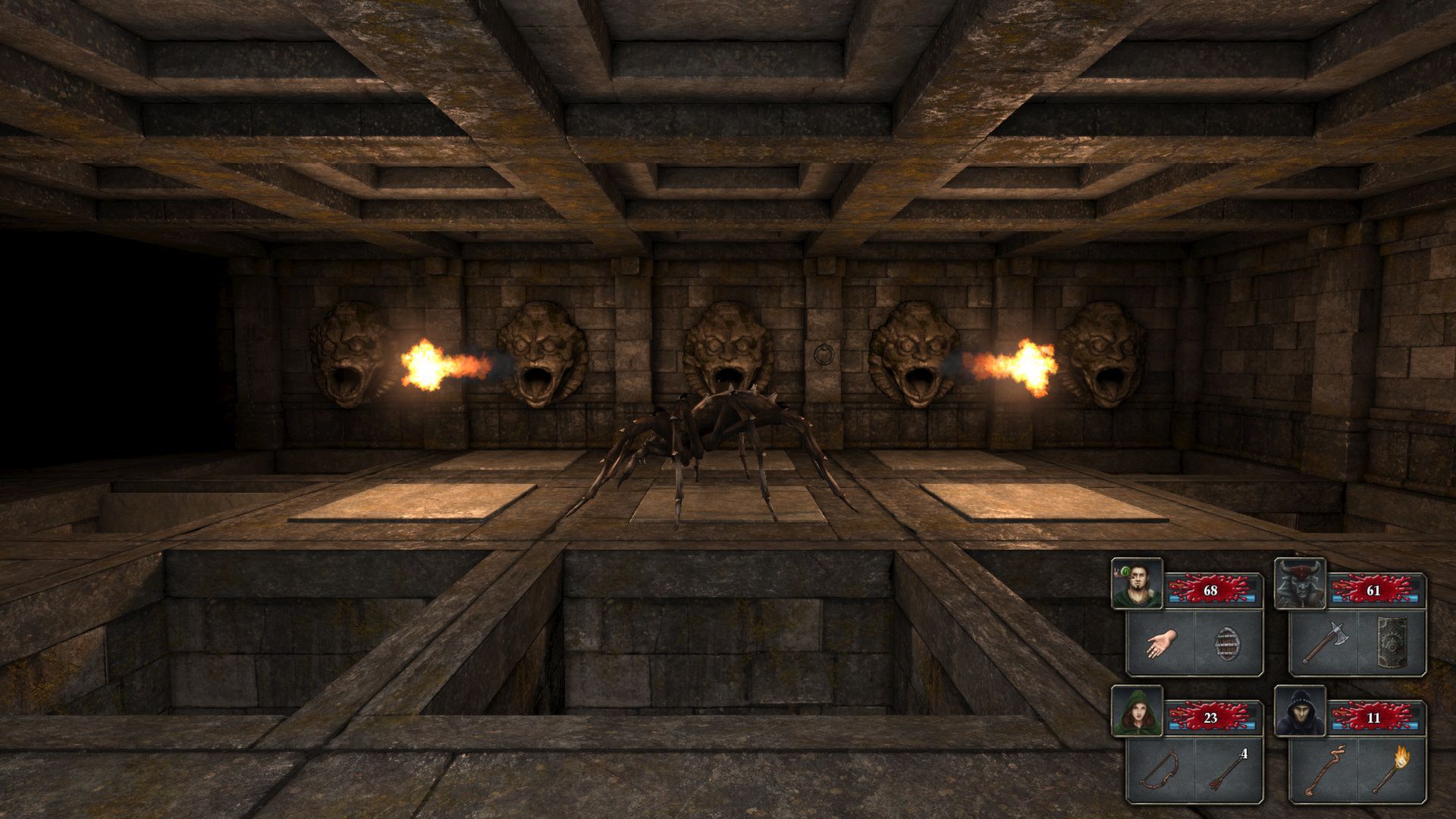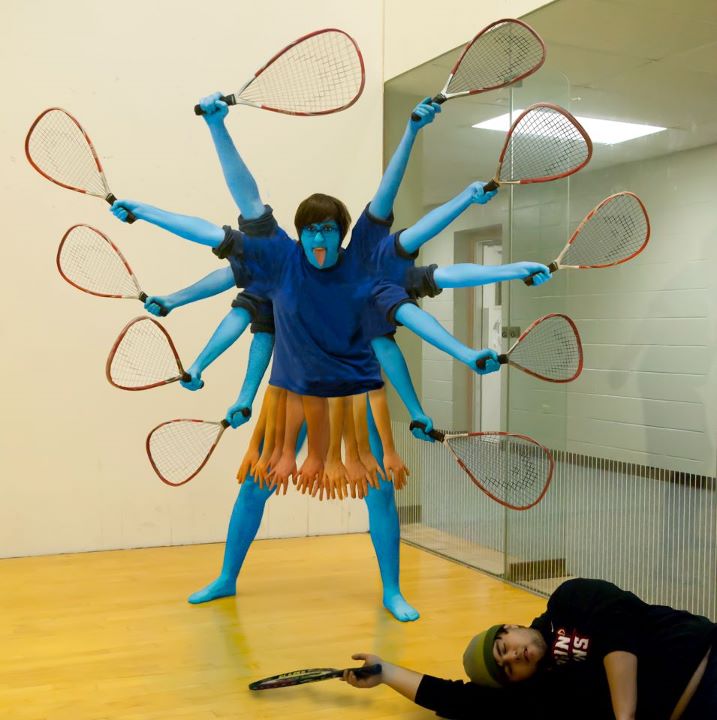
General Overview
An oldschool dungeon crawler with new age graphics, sounds, and animations is primed and ready to kick your ass and make you remember. Despite its rough difficulty, Grimrock does everything it can to keep its core audience and branch out to new audiences by being unashamed to provide you classic gameplay with only visceral updates and good balancing.
Available For: PC
Developer(s): Almost Human
Publisher(s): Almost Human
Release Date: 2012
Rating: NR
Archetype(s): Dungeon Crawler, First Person Perspective, Hardcore, RPG, Survival
Full Article
With games like Etrian Odyssey and Dark Spire under my belt, it’s no surprise I’d immediately be a fan of Legend of Grimrock. However, here’s something you probably didn’t know: it wasn’t always like this. Games like Dungeon Master and Eye of the Beholder, which Grimrock is heavily inspired by, never really appealed to me. Why? Well, here’s the thing…these types of games often went against what I knew to be RPGs.
As my first RPG was Final Fantasy, I was more used to the console styled JRPG where you could see an open map, move around your character, and while you did have to remember where you’d been/where you were going, it was much easier in that respect. First person perspective dungeon crawlers, especially from the 80s and 90s often tried to screw you over by providing no map, lots of warp portals, very little leveling up, and all kinds of stuff designed solely to confuse you.
That’s not to say I didn’t give them a fair shot. Normally if a game was an RPG at all I was immediately willing to give it a try right away. However, typically with this archetype I was lost immediately and wasn’t having fun. I think the thing I love about Grimrock the most is it has something for everyone. If you just want to play the game normally, playing it on the easiest difficulty allows for very slow auto recovery, there’s an automap, the enemies are a little more balanced, various ailments can be recovered over time or by resting, and what have you.

On oldschool mode, however…well, don’t say I didn’t warn you. They even turn the freakin’ map off, encouraging you to write your own. So what more is there to say? Well, apparently plenty as I’m only on the fourth paragraph. Simply telling you to buy this game immediately isn’t enough to really illustrate what makes this game fun or various challenges I’ve overcome in this title as I’ve grown soft from today’s RPGs.
So one thing that’s going to throw off newer gamers is the fact that this is a survival RPG as well. In modern dungeon crawlers (unless they’re roguelikes), food is used exclusively for health recovery and little else. In this particular kind of dungeon crawler, however, you must eat food every so often as your characters get hungry. Furthermore, it’s a dungeon. And dungeons…are dark.
This is where the light engine in the game comes into play and man is it fantastic. See, you have to either rely on torches that are already present in the game, cast magic spells every so often (not recommended), or designate one character to holding a torch for you so that you can safely traverse the dungeon. And hey, torches…go out. So you end up having to stockpile the fuckers just to be safe.
The spell and alchemy systems are also fairly traditional, having it where you don’t actually “remember” spell or alchemic formulas, meaning it’s probably wise to keep the scrolls that have the formulas on them…or write them down somewhere. Leveling up is also an interesting affair as it operates more like the skill point system in the later Dragon Quest games.
See, you have 8 distinct skills or something per character. When you level up, you get 4 skill points. Now most of the time that’s enough to level up one skill. However, leveling up a skill provides only a very subtle benefit. So for example, you may upgrade your athletics and suddenly you have more max HP or level up your sword ability and have greater strength…if you have a sword equipped.
The game is also very traditional in that you will be using the keyboard for basic movement, but everything else is managed by the mouse, such as attacking, spell casting and preparation, full inventory and party management, etc. And it’s all done in real time. As a result, you really have to be on your game. As time progresses, you get hungrier, enemies move around, torches go out…you really don’t have a lot of time to fuck around.

And true, on the easier difficulties it takes longer for torches to go out, longer to starve, etc., but all the same, you’re constantly being timed one way or the other. It requires good inventory management (so that you’re not weighed down by a bunch of crap or run out of room altogether), excellent preparation, good combat skills, and a keen eye and wit to figure out some of the puzzles.
And oh, the puzzles. Puzzles can range from simple to maddening. I’d normally say it’s a good idea to take it slow, but you really can’t because of everything that’s going on. All in all, Grimrock is an excellent title that everyone can enjoy, yes even those of us who probably weren’t even born when Eye of the Beholder was out. It has great appeal, classic elements, excellent visuals and music, and a great price to boot.



 May 10th, 2012
May 10th, 2012  gunsage
gunsage  Posted in
Posted in  Tags:
Tags:  Logging you in...
Logging you in... Loading IntenseDebate Comments...
Loading IntenseDebate Comments...



